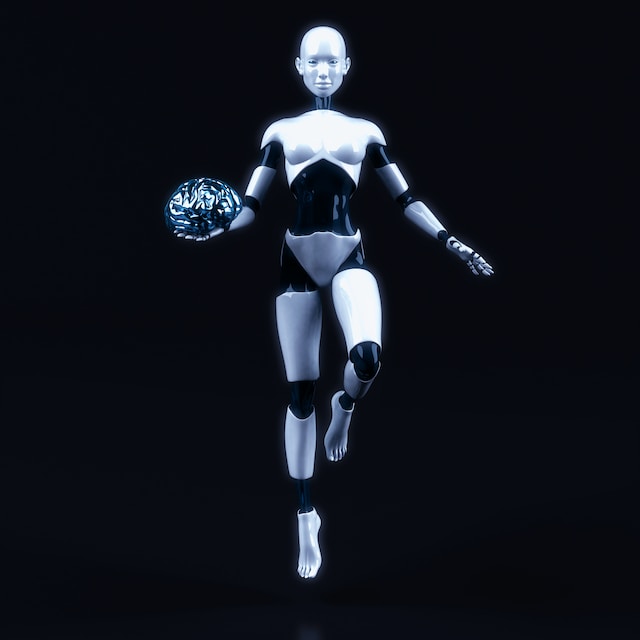
The world of artificial intelligence is constantly evolving, bringing with it a host of exciting possibilities and endless potential. From self-driving cars and virtual assistants to advanced medical imaging and machine learning algorithms, AI technology has drastically transformed numerous industries, making life easier, safer, and more efficient for millions of people around the globe.
As technology advances, the capabilities of AI reach unprecedented heights, accomplishing tasks once deemed impossible. AI-driven robots now excel in intricate surgeries and aid in physical therapy. Machine learning algorithms play a pivotal role in disease diagnosis and crafting personalized treatment strategies. Simultaneously, the integration of quantum computing for software engineers amplifies the potential of AI, ushering in a new era where complex problem-solving and optimization become more efficient and profound. Quantum computing empowers software engineers to enhance AI algorithms, unlocking new frontiers in computational power and problem-solving capabilities.
In the business world, AI is also making a huge impact, helping companies optimize their operations, increase productivity, and reduce costs. Chatbots and virtual assistants are becoming a common feature across a variety of industries, providing customers with instant assistance and removing the need for human agents to handle routine requests.
And let’s not forget the impact of AI on the world of entertainment. From gaming to music and film, AI technology is being used to create increasingly realistic and immersive experiences for audiences. Perhaps one day we’ll even see AI-generated movies and music, crafted entirely by machines.
Of course, with any new technology, there are potential drawbacks to consider. As AI continues to advance, there are concerns about privacy and security, as well as the potential for job loss as machines become more adept at performing tasks traditionally done by humans.
But despite these concerns, the potential for AI to revolutionize the way we live and work is impossible to ignore. As we continue to explore the possibilities and push the boundaries of what’s possible, who knows what exciting developments the future of AI technology will bring?

Applications of AI
AI, permeating fields from agriculture to finance, presents boundless possibilities for innovation. Embracing agile methodology in its application facilitates swift responses to evolving challenges. This iterative approach proves especially impactful in addressing global issues like climate change and healthcare accessibility. Startups, fueled by AI and guided by agile principles, challenge norms daily, fostering a culture of continuous improvement. The synergy of AI and agile methodologies ensures adaptive solutions, propelling us towards positive transformations in education, transportation, and beyond.
There’s no doubt that AI is changing the game, and those who are at the forefront of this fast-paced industry will have a significant impact on the world we live in. As we continue to evolve and incorporate AI into our daily lives, the key is to ensure that we do so responsibly, with a focus on ethics and transparency. AI is a powerful tool, but like any tool, it’s only as good as its users. So, let’s use AI to build a better, smarter world for everyone, one innovation at a time.
Present day applications of AI
- Healthcare: AI-driven diagnostics, personalized treatment plans, drug discovery.
- Finance: Fraud detection, algorithmic trading, personalized banking services.
- Transportation: Autonomous vehicles, traffic management, logistics optimization.
- Retail: Personalized recommendations, inventory management, customer service chatbots.
- Manufacturing: Predictive maintenance, supply chain management, quality control.
- Entertainment: Content recommendation algorithms, game development, music composition.
- Education: Adaptive learning platforms, student performance analysis, educational content creation.
- Customer Service: Virtual assistants, automated responses, sentiment analysis.
- Security: Surveillance systems, threat detection, cybersecurity.
- Research: Data analysis, pattern recognition, simulations in various scientific fields.
With the release of advanced nearly-AI technologies, such as the transformer type of machine learning, AI has become prominent in all modern life. You’re unlikely to leave the house without passing a Tesla that is likely self driving. You likely have a family member who’s healthcare has been improved by AI. AI is everywhere these days.
